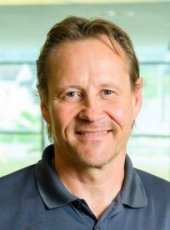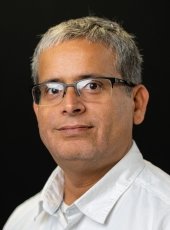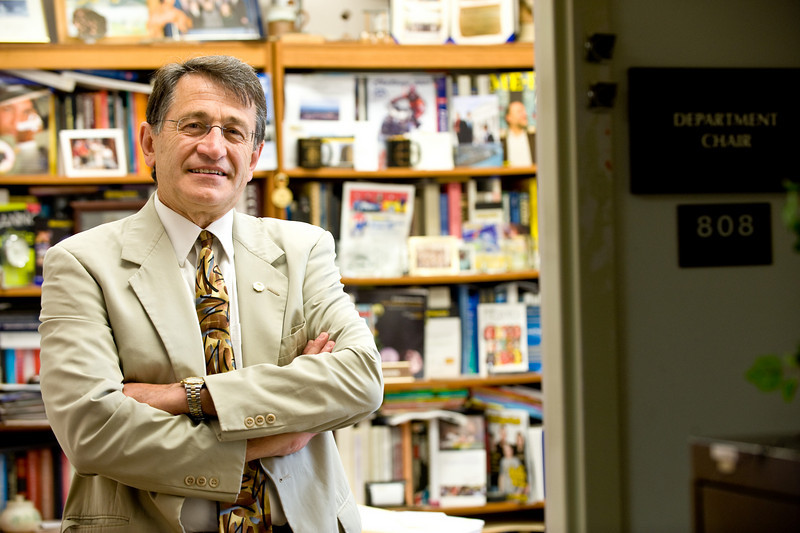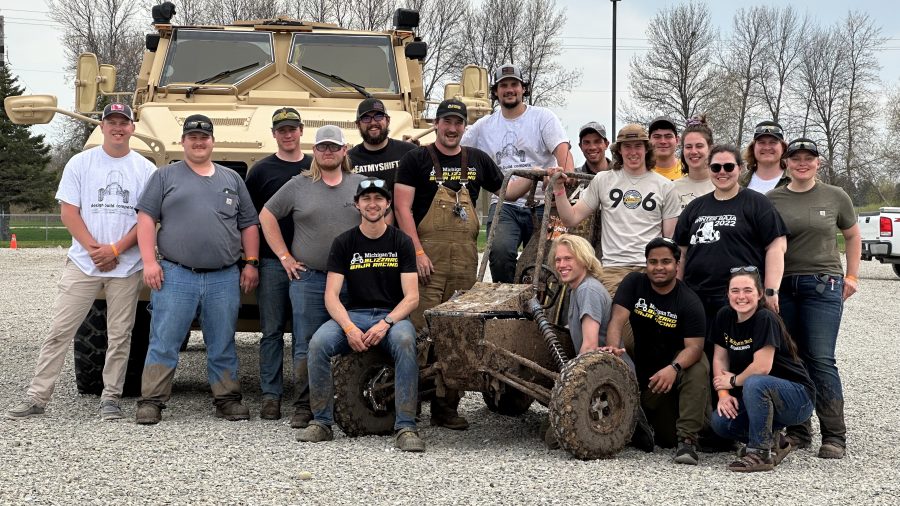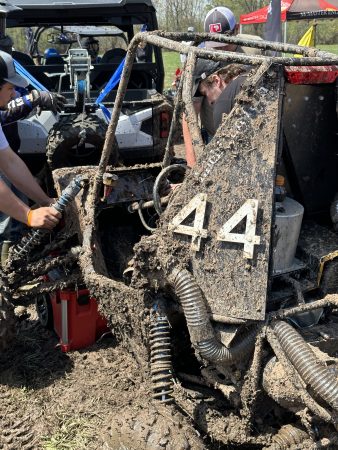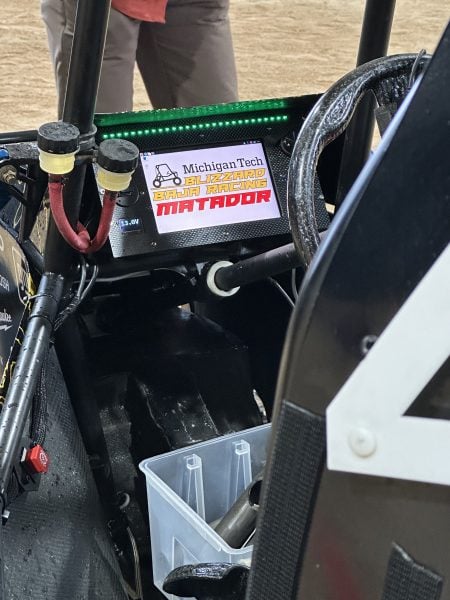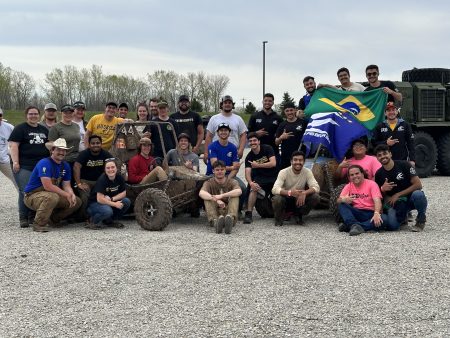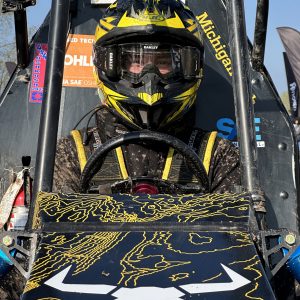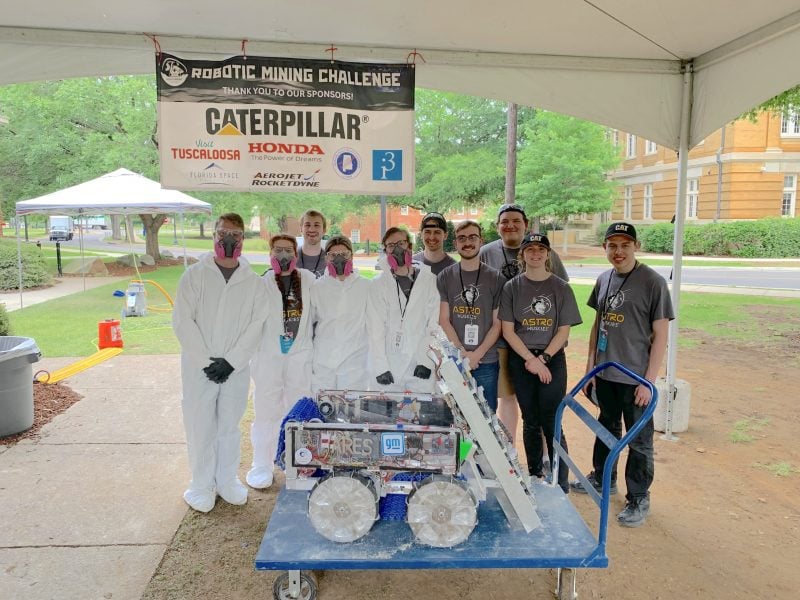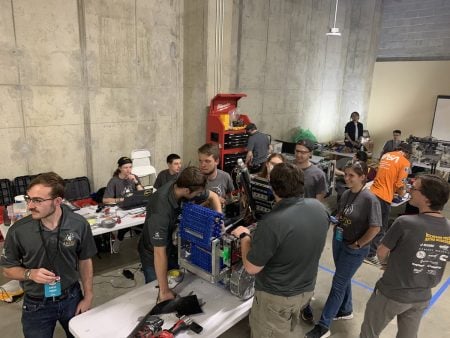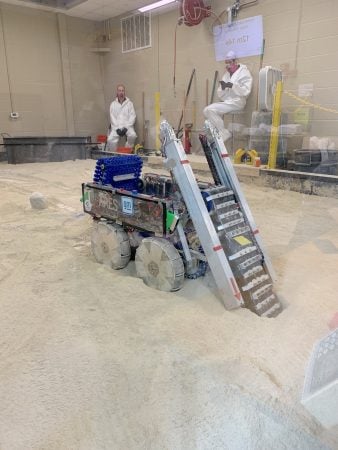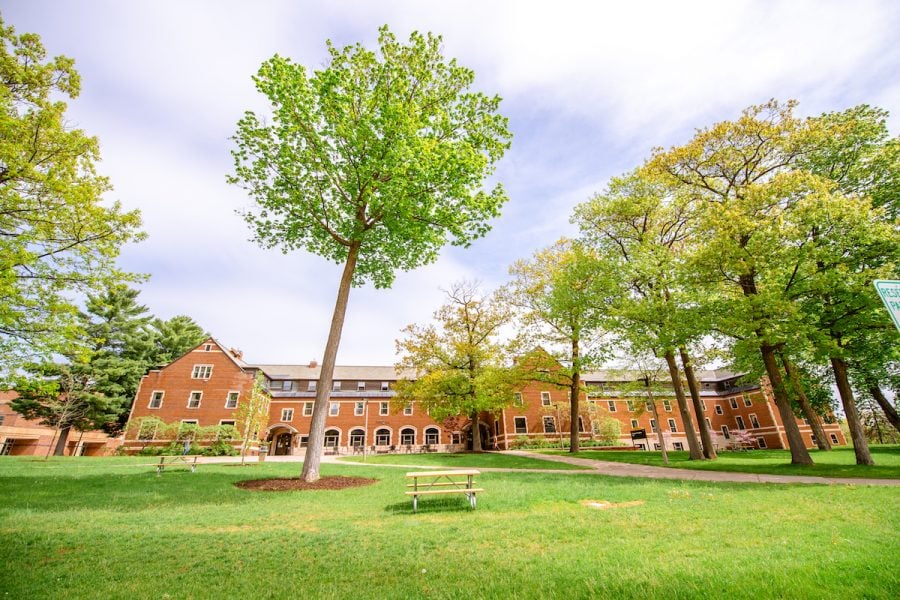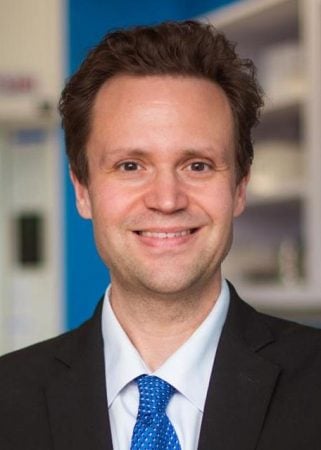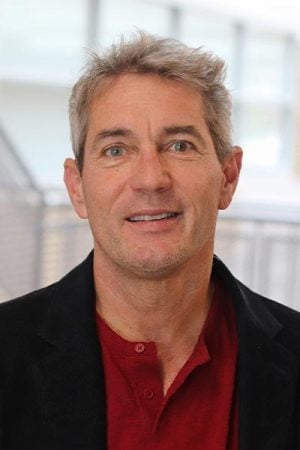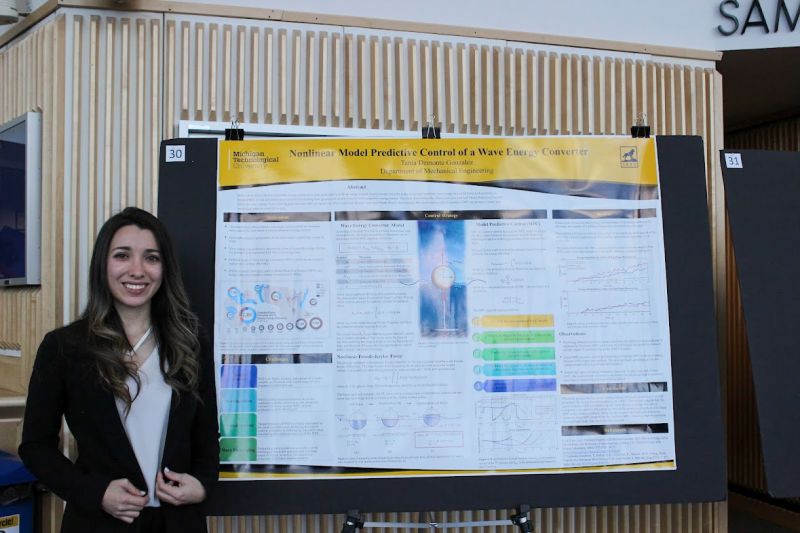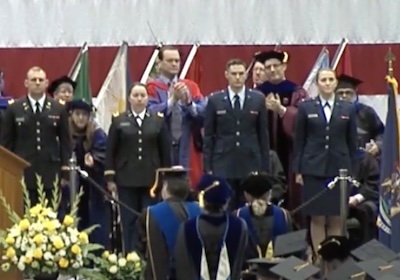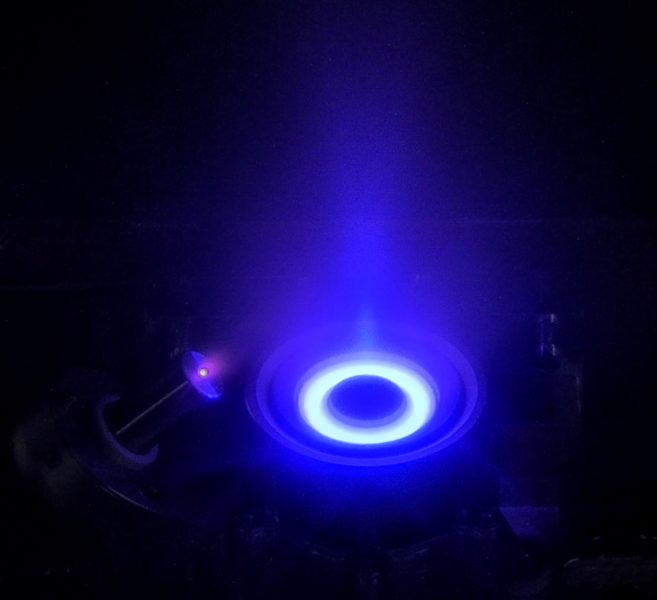
The race is on to determine the coolest Michigan-made product, and the College of Engineering needs your help. Vote for Orbion’s Aurora Plasma Thruster as the coolest Thing Made in Michigan. The voting is currently in its second round with only 10 finalists remaining–this week’s votes will determine the top 3 and overall winner.
Vote daily now through Friday (September 15): https://micoolestthing.org
Orbion was founded by Professor Brad King (ME-EM) in 2016. Orbion is one of the brightest stars in a newly imagined space economy where small satellites are huge game changers. The company was conceived at Michigan Tech.
Orbion’s Aurora Plasma Thruster is a xenon plasma thruster that is used by satellites to maneuver in space. Aurora uses electromagnetic forces to expel ionized xenon and create gentle yet efficient force. Orbion’s Houghton factory builds Aurora systems and provides them to customers throughout the solar system.
The Coolest Thing Made in Michigan is an annual people’s choice award presented by the Michigan Manufacturers Association, MMA. Hemlock Semiconductor and Stormy Kromer were previous winners, both with ties to Tech. Orbion Space Technology deserves the honor, too.
King is the Richard and Elizabeth Henes Endowed Professor (Space Systems) at Michigan Tech. He is the founder and faculty advisor of Michigan Tech’s Aerospace Enterprise, empowering teams of students to design, build, and fly spacecraft.
The Coolest Thing Winner will be announced live during the 2023 MFG Excellence Awards on November 9.
